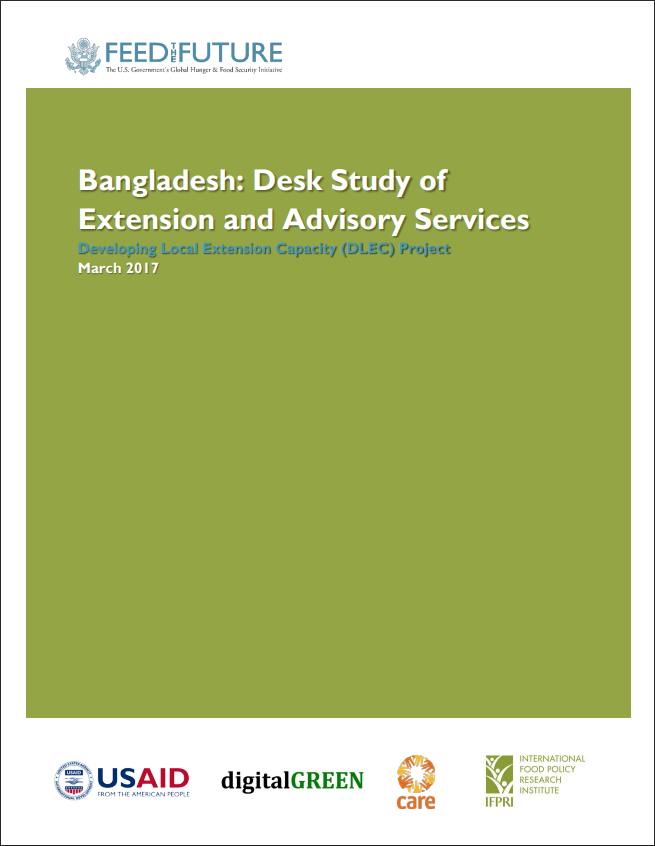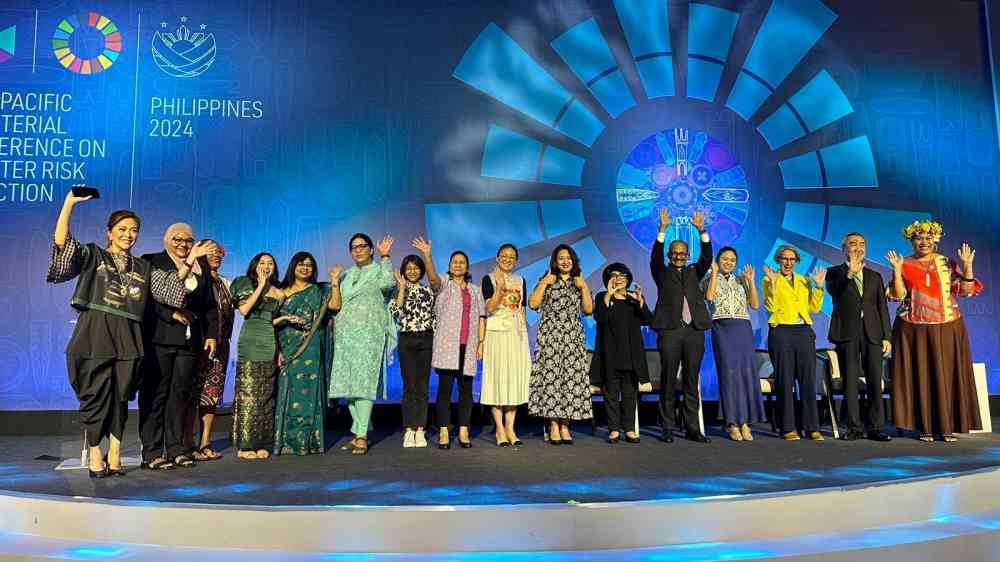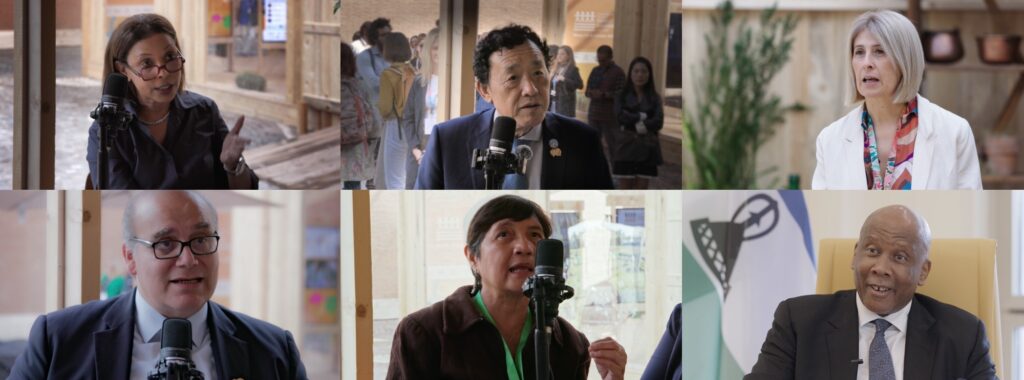
Bangladesh: Desk Study of Extension and Advisory Services
Agricultural extension, education and advice to farmers on appropriate agricultural practices and market linkages are critical for maximizing land productivity and the incomes of the rural dwellers in Bangladesh. Agricultural extension typically includes training on selection and use of inputs and technologies, crop selection, soil health maintenance, crop-specific cultivation practices, managing the effects of climate change, livestock management, post-harvest transportation and processing, storage of grains and seeds, and marketing of agricultural products.
In an effort to raise incomes and increase resilience of smallholder farmers and their families in Feed the Future countries, the United States Agency for International Development (USAID) funded the Developing Local Extension Capacity (DLEC) project. This project is led by Digital Green in partnership with the International Food Policy Research Institute (IFPRI), CARE International (CARE) and multiple resource partners. DLEC will work with country stakeholders and USAID missions to scale and improve locally relevant, cost-effective and pluralistic agricultural extension systems that bring together information technologies and community-based organizations. By collaborating with USAID missions, host-country governments, public and private extension and advisory service (EAS) providers, rural civil society organizations and host-country research institutes, DLEC will help host-country extension systems become more effective, accountable, scalable and sustainable. The first stage of DLEC’s work includes conducting diagnostic assessments of local EAS contexts and capacities in Feed the Future and aligned countries.
This report reviews existing documentation on EAS in Bangladesh to recommend areas for potential investment by government, donors, nongovernmental organizations and the private sector, and serve as an input into the design of an on-the-ground engagement under DLEC. The evidence generated through the on-the-ground engagement will contribute to the knowledge base of best-fit practices for strengthening EAS in Bangladesh and may provide a basis for future investments in EAS in the country by various actors. The modified DLEC best-fit conceptual framework described below structures and focuses the DLEC project and this report.
Download Bangladesh: Desk Study of Extension and Advisory Services here



